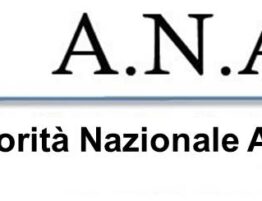
Companies are often exposed to bold executive actions by suppliers, whom, in possession of a provisionally enforceable title, act coercively – often also pending the decision on the request for the suspension of enforceability of the title – with attachments on goods, immovable property and garnishments.
In these cases it is appropriate to promptly resist to the various enforcement actions under-taken by creditors.
This is to avoid that the provisionally enforceable title – the enforceability of which may be suspended at the debtor’s request – may prevent the collection of large sums of money, that may be garnished, and be a warning bell for credit institutions who have sub-sidized the debtor com-panies.
In this perspective, we note the decision made by the Court of Genova during a judgment on an opposition to the enforcement actions (in this case opposition to the garnishment), with which the Court ruled the invalidity of the garnish-ment.
In fact, the Court shared the thesis, albeit in the minority, according to which the garnishment consists in a protracted process so that, in order to consider the garnishment perfect, it is necessary to serve it to the third party (garnishee) as well as to the debtor.
In the specific case, the garnishment and the consequent levy execution procedure were not considered valid, because the garnishment was served to the debtor only after the suspension of the enforceability of the title, by virtue of which the garnishment was carried out, despite the service to the third party had occurred prior to such suspension.
The debtor, therefore, has not only been able to enjoy the positive effects that the suspension of the title itself had led to – i.e. the suspension of the executive procedure, thus the impossibility to assign the garnished sum to the creditor – but he also saw the declaration of the garnishment’s invalidity.
This allowed him to regain the availability of the garnished sum that would have otherwise remained bound until the outcome of the proceedings on the fact that the granished amounts were actually due by the debtor.
(Trieste Office – Federica Fantuzzi – 0407600281)








